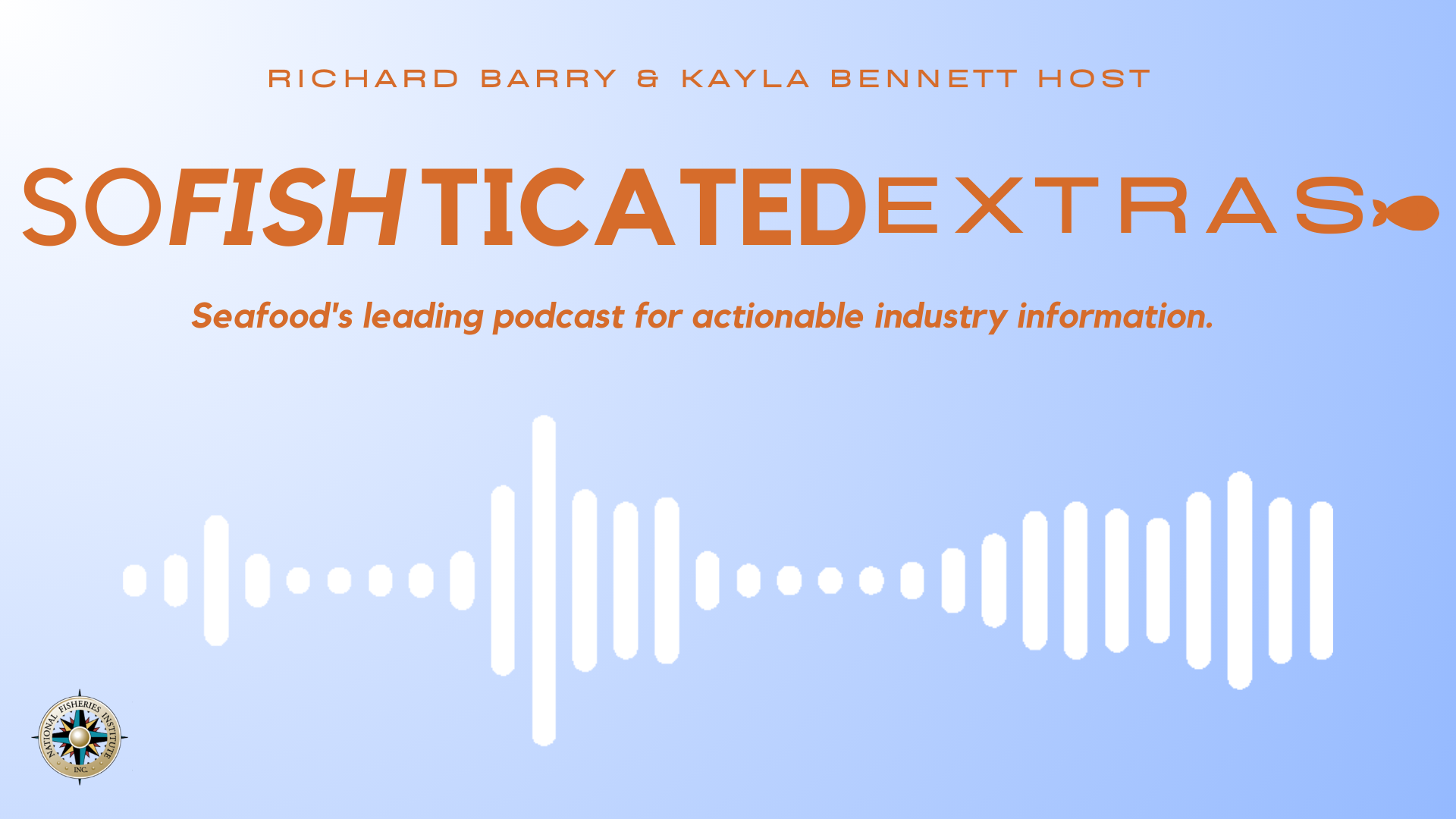Sticking up for science
A recent segment on Good Morning America featured nutrition information so off-base (no fruit after dinner!?) that the president of the American Dietetic Association herself spoke out. The root of the problem? The inaccurate information came from the mouth of a self-proclaimed “nutritionist” – a lovely generic term that generally means “not a registered dietitian.” Health and nutrition misinformation is nothing new – I love how Health News Review puts it, “Network TV morning health news segments may be harmful to your health.” But you don’t always see a feisty letter (see below) from the president of the world’s largest organization of food and nutrition professionals. I love it and hope to see more RDs, MDs, and other qualified health experts sticking up for science!
And now, on to the delicious side of nutrition science…last night we had the most simple and nourishing dinner, Sole Amandine with Shredded Brussels Sprouts. Between the almonds, fish, and heaping portion of Brussels sprouts, it’s packed full of nutrients and only took about 15 minutes (team effort between Lloyd and I) to get on the table.

ADA President’s comments to Good Morning America
August 10, 2009
I am writing in regard to the segment on “What to Eat When: Foods to Satisfy” that aired Sunday, August 9, on Good Morning America Weekend. This interview contained many inaccurate and misleading statements that are not backed up by nutrition science research and therefore contained little useful information for your viewers who want to eat well and be healthy.
As a registered dietitian with many years of experience, I had never heard some of the “advice” given in this segment. For example, Kimberly Snyder’s statement that toasting bread “bakes out the sticky starch” and makes it easier to digest is not supported by any science I am aware of. Her recommendation to avoid diet soda because its artificial sweeteners are “highly glycemic” is incorrect, since non-nutritive low-calorie sweeteners do not contain carbohydrates (which are measured by the Glycemic Index) and therefore do not raise a person’s blood sugar levels. Contrary to Ms. Snyder’s comments, genetically modified protein bars containing soy protein isolate are no more difficult to digest than any other protein. And there is no evidence that eating fruit as a midnight snack causes indigestion, since all foods a person eats are mixed together in the stomach and do not “sit on top” of one another.
These are only four examples of the numerous factual errors in this interview, which unfortunately missed an opportunity to provide GMA’s millions of viewers with reliable, consumer-friendly food and nutrition advice that is backed up by the consensus of scientific research.
The good news is, consumer-friendly advice backed by science is available to everyone – from a registered dietitian. The American Dietetic Association has a national network of spokespeople in all parts of the country – all registered dietitians who (unlike self-proclaimed nutritionists) have earned their status as real experts through education and experience.
The American Dietetic Association’s media relations professionals will follow up with you and discuss potential segments for Good Morning America Weekend. ADA looks forward to continuing our Association’s productive relationship with Good Morning America to provide the public with food and nutrition advice that your viewers will find informative, entertaining and, most important, accurate.
On behalf of the 70,000 members of the American Dietetic Association, thank you very much.
Sincerely,
Jessie M. Pavlinac, MS, RD, CSR, LD
President, American Dietetic Association



